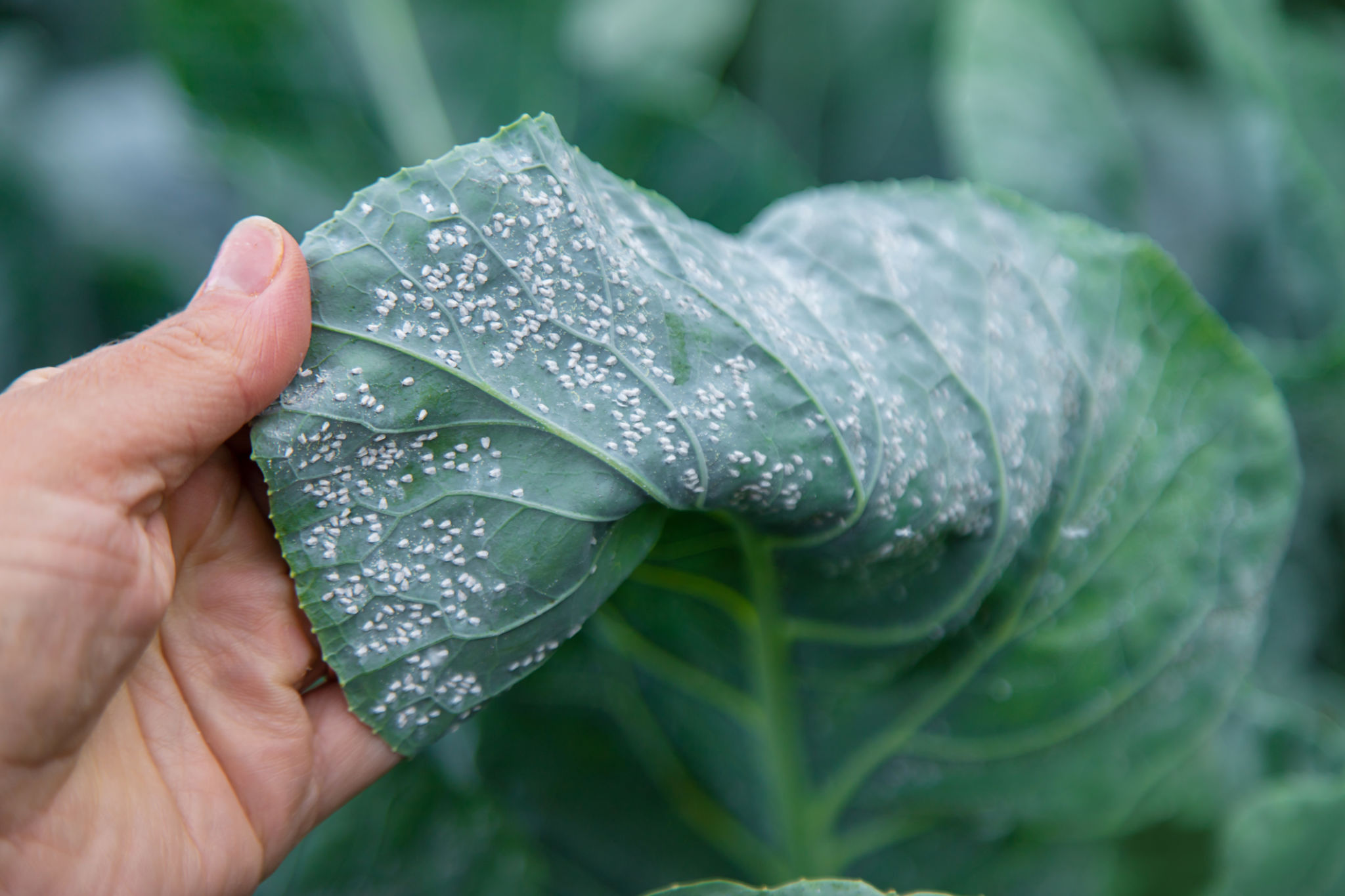Maximizing Efficiency in Agricultural Inputs: Strategies for the UAE Market
The agricultural sector in the UAE is rapidly evolving, driven by a need to maximize efficiency in resource use. With limited arable land and water resources, the focus has shifted to optimizing agricultural inputs to ensure sustainable and productive farming practices.
One effective strategy is the implementation of precision agriculture. This approach leverages technology to monitor and manage field variability in crops, enabling farmers to apply inputs like water, fertilizers, and pesticides more efficiently. By using data-driven insights, farmers can make informed decisions that improve yield and reduce waste.

Optimizing Water Usage
Water scarcity is a significant challenge in the UAE, making efficient water management crucial. Drip irrigation systems are increasingly popular due to their ability to deliver water directly to plant roots with minimal evaporation. This method not only conserves water but also improves crop health and productivity.
In addition, adopting soil moisture sensors can provide real-time data on soil conditions. This technology helps farmers determine the exact water needs of their crops, preventing over-irrigation and conserving precious resources.
Innovative Fertilization Techniques
To maximize efficiency in fertilization, the use of controlled-release fertilizers is gaining traction. These fertilizers release nutrients gradually, matching the nutrient uptake patterns of crops. This reduces nutrient leaching and enhances soil health over time.

Furthermore, integrating organic fertilizers and bio-fertilizers can improve soil fertility sustainably. They enhance microbial activity in the soil, leading to better nutrient absorption by plants and a reduction in chemical input dependency.
Adopting Smart Pest Management
Pest management is a critical aspect of maximizing agricultural efficiency. Integrated Pest Management (IPM) combines biological, cultural, physical, and chemical tools to control pests in an environmentally and economically sustainable way. By focusing on prevention and observation, IPM reduces the need for chemical pesticides.
Utilizing pest prediction models and pest-resistant crop varieties can further enhance pest management strategies. These innovations help farmers address pest issues proactively, minimizing crop damage and economic loss.

Leveraging Renewable Energy
Incorporating renewable energy sources such as solar and wind power in agriculture can significantly improve efficiency. Solar-powered irrigation systems, for instance, offer a sustainable alternative to traditional energy sources, reducing both costs and environmental impact.
By investing in renewable energy, farmers in the UAE can decrease their carbon footprint and ensure a steady energy supply, even in remote areas. This approach aligns with the country's vision for sustainable development in agriculture.
Collaboration and Training
Finally, collaboration between government bodies, research institutions, and farmers is essential for maximizing efficiency in agricultural inputs. Training programs and workshops can disseminate knowledge on the latest technologies and practices, empowering farmers to adopt new strategies effectively.
By fostering a culture of innovation and continuous learning, the UAE can enhance its agricultural productivity while ensuring sustainability for future generations.
